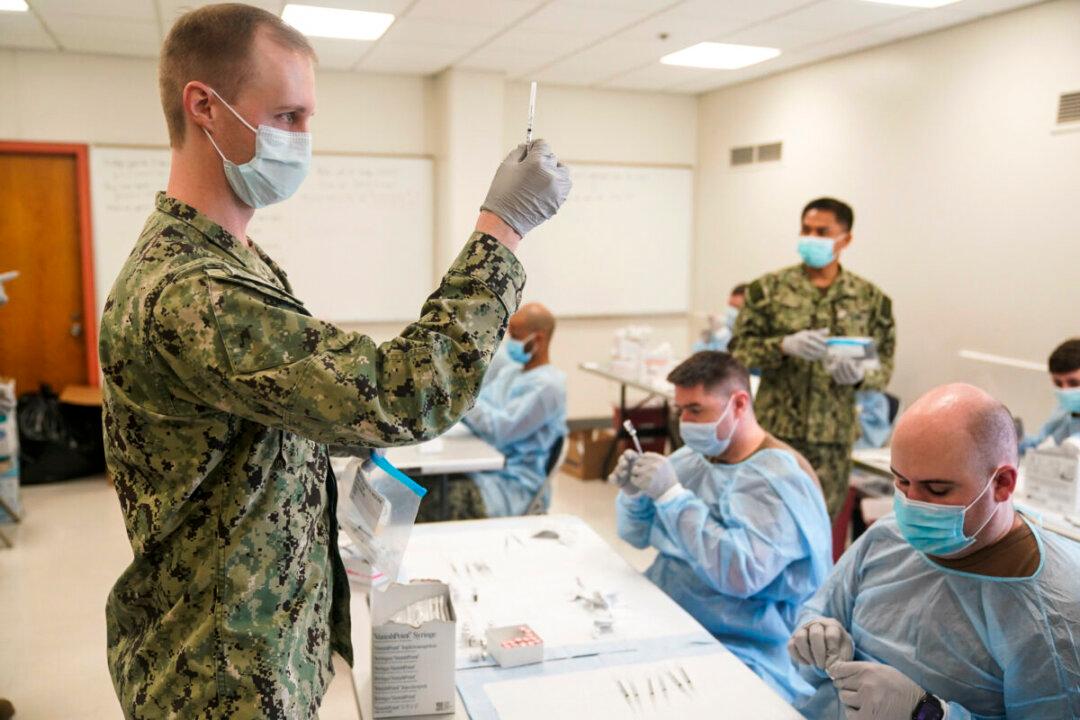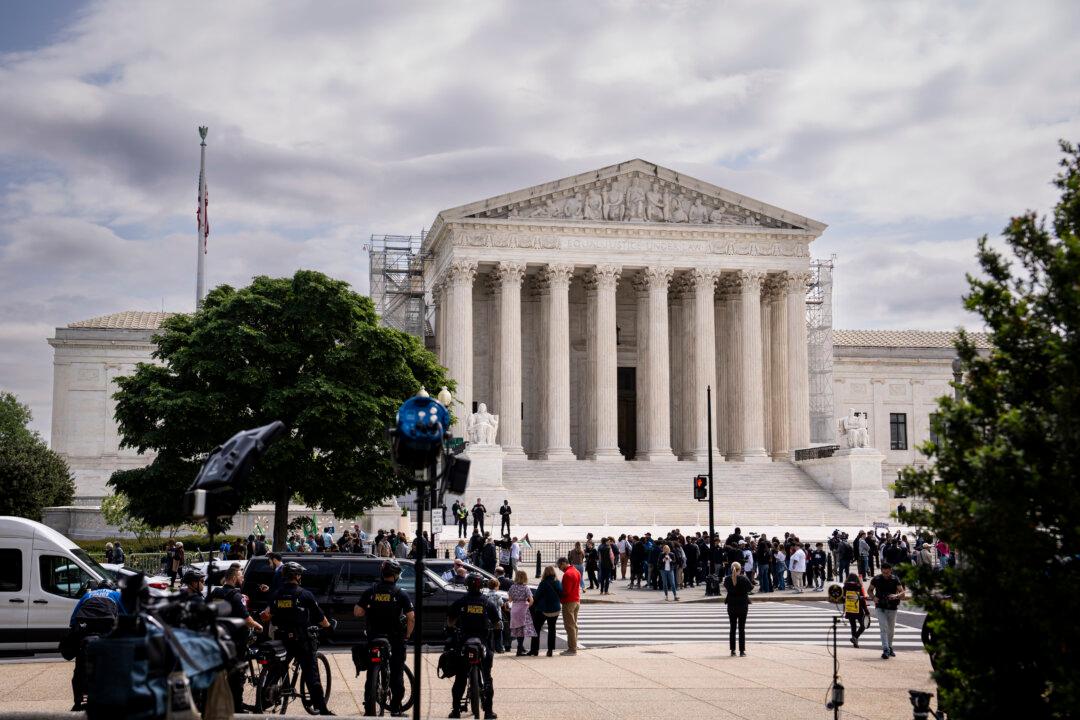Navy Petty Officer Second Class Kristin Fregeau is being discharged from the Navy for attempted desertion, but her attorney contends that this is a cover for separating the sailor because she had a religious objection to the vaccine mandate.
“The Navy couldn’t separate [Fregeau] for vaccine refusal, so they drummed up a story about attempted desertion,” Sean Timmons, Freugeau’s attorney, told The Epoch Times.




